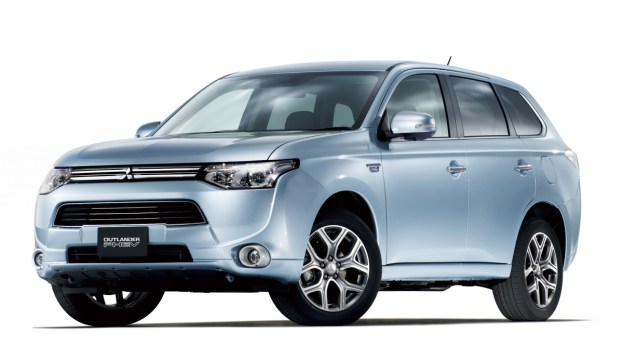
Just on the heels of Boeing’s lithium-ion battery issues in its latest 787 Dreamliner, Mitsubishi faces overheating batteries of its own.
Not surprisingly, the batteries in question have come from the same source.
“Batteries on the Outlander are supplied by a venture called Lithium Energy Japan, owned by Japan’s GS Yuasa Corp., Mitsubishi Corp. and Mitsubishi Motors. GS Yuasa is also the battery maker for Boeing’s Dreamliner,” according to an Automotive News report.
The production halt began when the battery packs on two separate vehicles short-circuited. In one instance, a vehicle at a dealership experienced abnormal voltage and wouldn’t charge. Another vehicle in Tokyo refused to start and then emitted a foul odor. According to Mitsubishi, the latter vehicle’s battery pack overheated and melted the housing resin.
This is not the first time Mitsubishi has faced battery issues. A Mitsubishi i-MiEV electric car caught fire at a Japanese assembly plant not long ago. As a result, Mitsubishi discontinued their partnership with battery supplier Lithium Energy Japan.
While the brand has not yet concluded whether the i-MiEV incident is in anyway connected to the Outlander plug-in hybrid electric vehicle, it would be an unfortunate coincidence if not tied together.
We hope Mitsubishi can pull its battery-powered act together. Although we’ve not driven the Outlander PHEV, we rather like the i-MiEV and would hate to see the brand’s daring EV designs discontinued.


